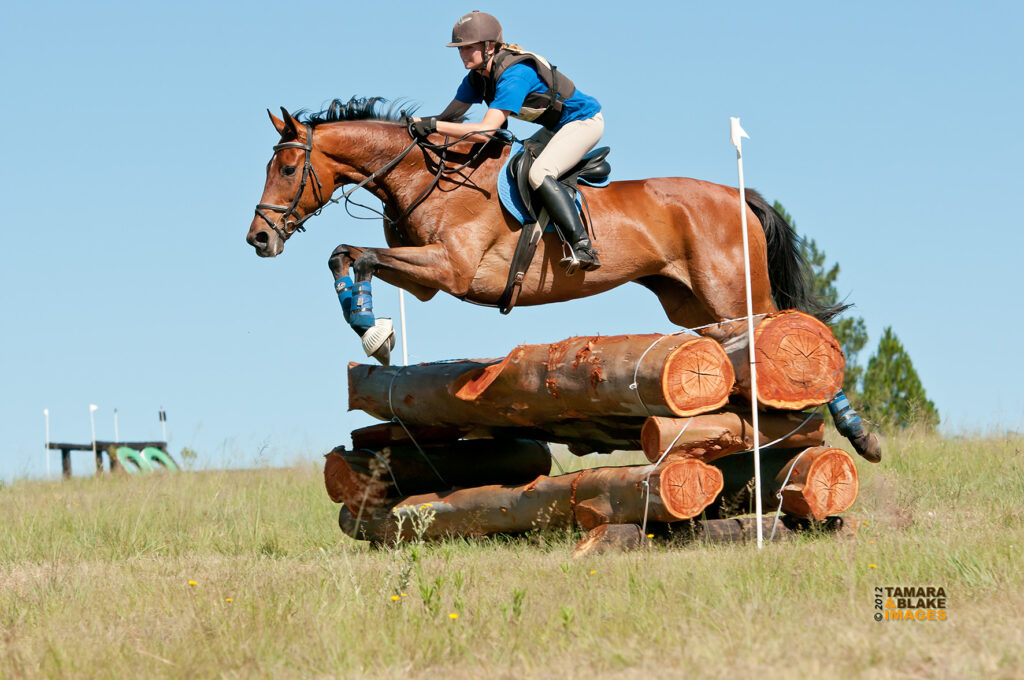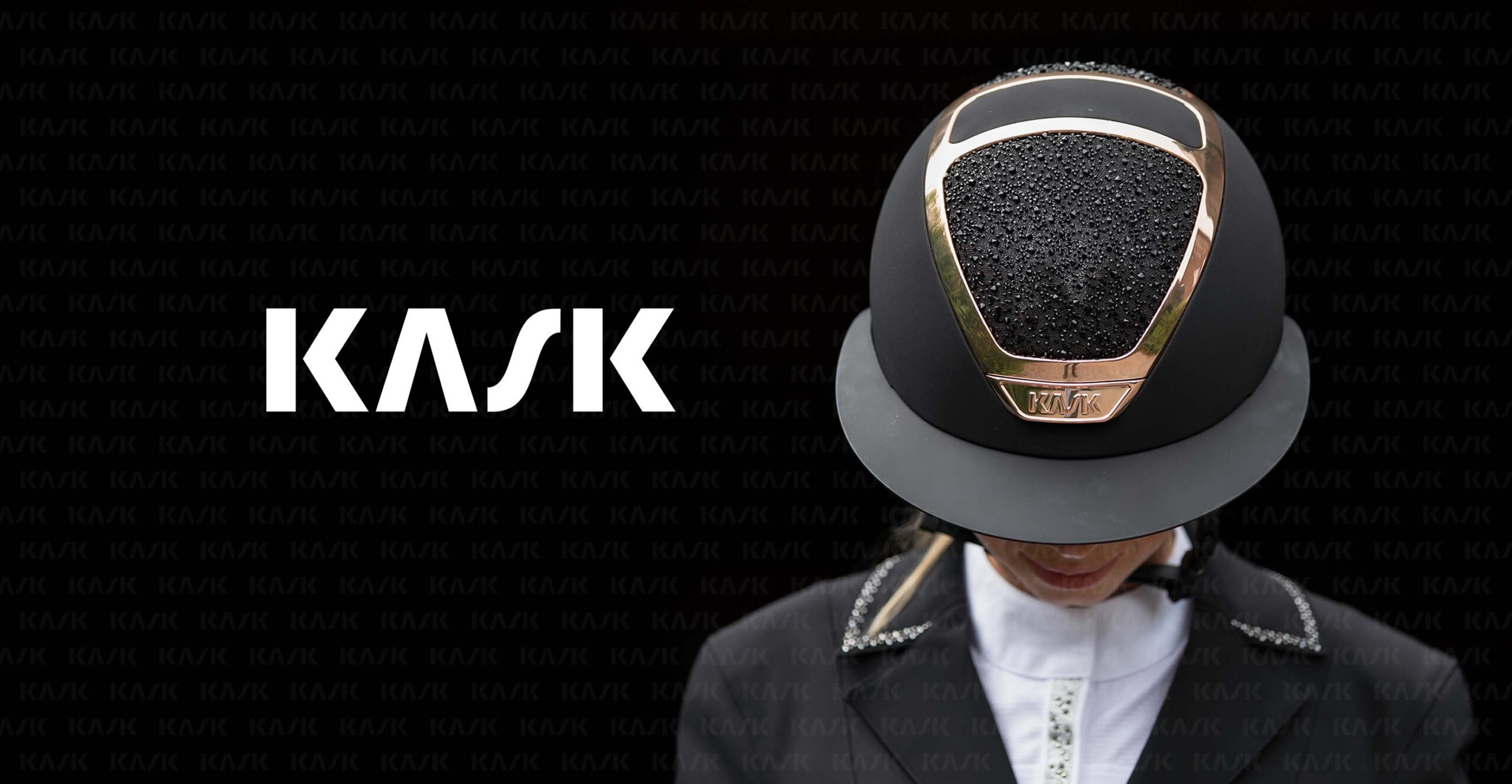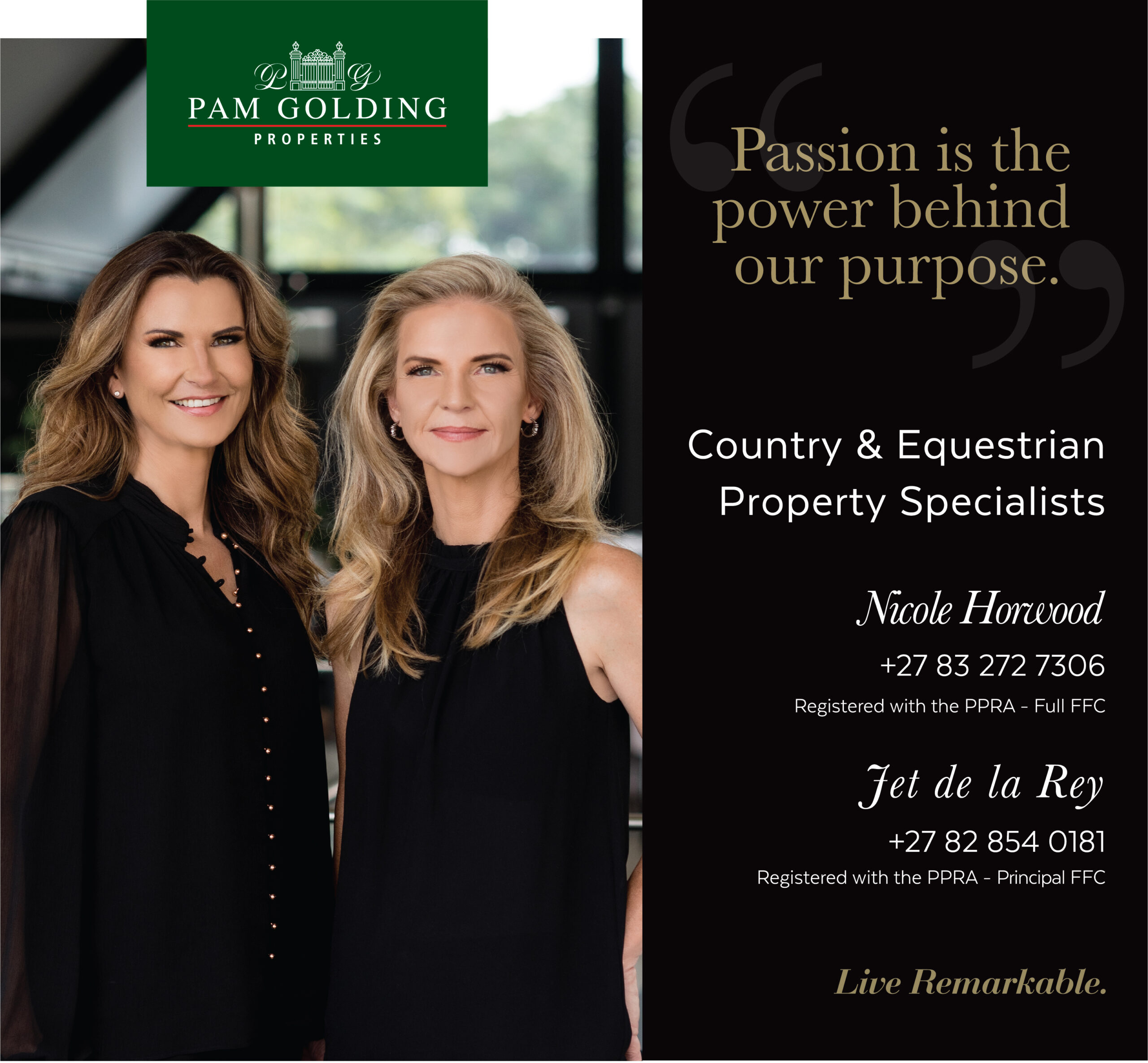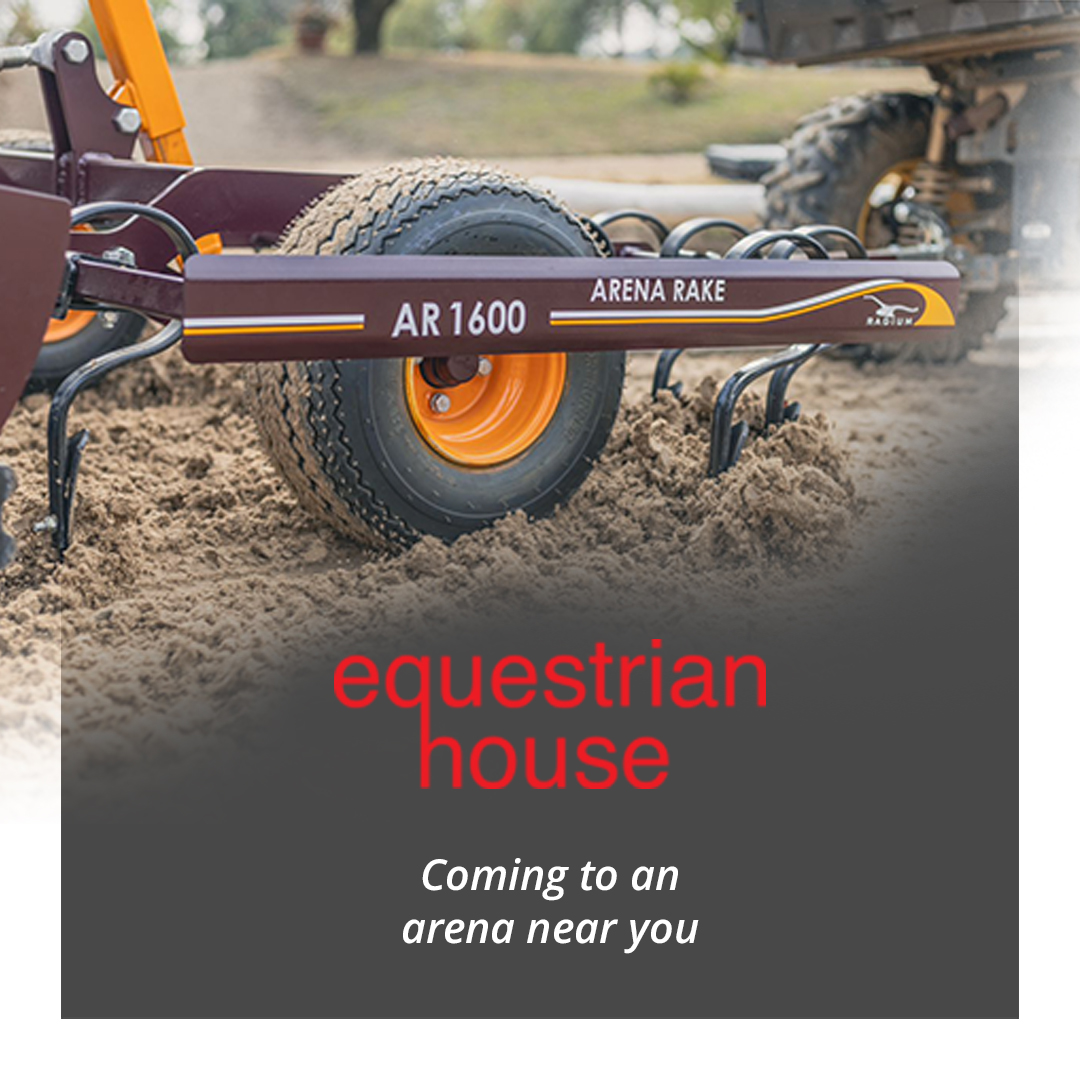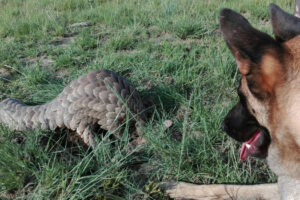A Modern Club, Steeped in Equestrian Heritage
The unique character of the Inanda Club is moulded around its founding purpose as being a home for equestrian sports of all disciplines. This, by its very nature, requires open land that is compatible with the outdoor activities associated with these sports. This has created a unique facility nestled in the heart of the Sandton business district. It could even be argued that the Sandton CBD is located where it is because the Inanda Club chose this area as its location.
In 1934 the Johannesburg Polo Club and the Rand Hunt members decided to join forces and find a venue that would be suitable for their equestrian sports.it A suitable farm was identified in the countryside north of Rosebank. With the founding of the Inanda Club, many of its members and others followed, establishing country site homes in the area that would be coined as the ‘mink and manure’ belt. The urbanisation around the Club land was fast, but rather than being swamped by the development, the Inanda Club has steadfastly retained its country flavour whilst evolving and developing modern city club facilities. This provides a unique oasis of tranquility and style minutes from the ‘hub bub’ of the city. The Inanda Club offers quiet elegance suitable for any occasion – from the most formal business function to the most casual family gathering – from a grand banquet for 400 guests to a romantic dinner for two. The facilities available to members and their guests ensure an intimate exclusivity not possible in any commercial venue.
The club’s equestrian foundation is as strong as ever. The Sandton club is seen by many as the premier polo venue in Africa and plays host to some of the most prestigious matches and tournaments seen on the continent. In the 1960s the need for more space to host equestrian activities resulted in the development of what was to become the Inanda Country Base in Kyalami. This expansion of the club now hosts the Rand Hunt, as well as providing facilities for a wider range of horse-related sports and activities. Inanda Country Base is fast becoming a similar oasis of open land in Kyalami as urbanisation engulfs the area. So much so that the Inanda Club has purchased a beautiful farm in the Hekpoort area. This farm, once owned by the Oppenheimer family has excellent potential as an equestrian sports venue. Now known as Inanda Blue Bird, its current main use is as a venue for the Rand Hunt trail hunts and for great outrides in the country.
In this way, the Inanda Club continues to pursue its singular stated mission of promoting equestrian sports as determined by the Club’s constitution. Although all disciplines are found at the club’s venues, the most popular at the Club are polo, trial hunting, three phase eventing, show jumping and polo crosse. However, this is the place where any horse enthusiast may indulge their passion.
It is intriguing that the club formed by the association of those who share a love and passion for the horse and horse related sports results in providing facilities and a lifestyle that appeals to a much wider audience. The very nature of the horse and our relationship with the horse brings with it a natural balance to life. This somehow creates an equilibrium between the pressures of modern lifestyles and the therapeutic essence of being in the open air and with the horse. It is this very combination that the Inanda Club shares with anyone who visits.
This unique club has a range of facilities that have a wide appeal beyond the equestrian sports. The Sandton Town club has a gym, tennis courts, swimming pool, two bars, restaurants, lounges, meeting rooms, accommodation and a spectacular and large function room. The Inanda Country Base offers stabling, numerous arenas, 300 acres of secure outrides and an intimate clubhouse. It is still the home of the Rand Hunt making it a unique equestrian venue. The acquisition of Inanda Blue Bird in Hekpoort is further evidence of the club’s commitment to the future of equestrian sports. With all it has to offer, the Inanda Club has enormous appeal to anyone with equestrian sport interests.
A Modern Game with a Long History
The game of polo, which is associated with fashionable genteel elegance, has its origins in exotic military history. It seems fitting that the game is so much a part of the Inanda Club, a modern club steeped in equestrian heritage. The precise origins of polo are still somewhat obscure even though for many the game conjures up images of Afghan tribesmen clouting the cloth-wrapped heads of their enemies around the North West frontier. Its genesis would appear to be further afield, with the first reliable historical reports emanating from Persia around the 6th century BC.
Most agree that ‘modern polo was derived from the Indian state of Manipur where it was popular amongst the local princelings. Whilst the game they played – and the rules they played by – would be unrecognisable today, it evolved over the years, and the first reliable record of an organised entity was the founding, in 1862, of the Calcutta Polo Club by Captain Robert Stewart and Major General Joe Shearer.
The Hurlingham Polo Association
The game’s popularity quickly spread across the Empire, and the first set of formal rules was drawn up in 1875 by the Hurlingham Polo Association, which today is recognized as the sport’s governing body in the UK, Ireland and many other countries throughout the world. As such, it is responsible for the regulations and rules under which the game is played. Arena polo is a recent introduction and the first Hurlingham Polo Association rules for arena polo were issue in 1991.
South Africa, with a large mounted military contingent, was soon at the forefront of the sport’s development, with the first recorded tournament taking place at King Williamstown in 1885. In 1887, the 5th Inniskilling Dragoons were based in Pietermaritzburg and polo became firmly ensconced in Natal, with the Dargle Polo Club formed in 1890.
The Johannesburg Polo Club
Having arrived in the country via the Eastern Cape in 1885 and Natal in 1890, the game quickly spread to the Transvaal with the opening of the Johannesburg Polo Club in 1894 and eventually found a home in what is today Langlaagte When the polo club, having been given notice that the ground was to be converted into marshalling yards for SAR, was looking for new premises. Harold Jeppe and Tommy Charles of the Johannesburg Polo Club met Peter and Comar Wilson of the Rand Hunt Club, through an introduction from Harry Oppenheimer. It was quite clear from the outset that there was synergy regarding the two clubs’ requirements. The Inanda Club was launched with 250 foundation members. The first polo match was played at Inanda Club in 1934; the first international tournament was held in 1936 and the first inter-provincial tournament in May 1937.
Initially the polo ‘field’ wasn’t much at all and for years comprised a hard and dusty dirt surface where matches were held all year round. It was only grassed in 1950, when playing was limited to the summer season of September to March. Mules were utilised for pulling machinery to keep the ground level and sheep were introduced as lawn mowers.
Top Level Competition
Major and high-profile polo tournaments are hosted at the Inanda Club including the Cell C Africa Cup, Aon Development Cup, the Aon Inanda International, the Inanda Gold Cup and many more. They polo matches are extremely popular and well attended, generating great interest in the game and the club. Many top national and international players regularly participate, pitching their skills against each other.
Social responsibility has always been priority for the polo section. There is a continuing strategy to spread and develop the joy and challenge of the sport amongst those previously unable or incapable of participation, and the development programme and the Inanda City Polo Academy and Riding School is ensuring that the sport has many new and enthusiastic up and coming players. City Polo offers lessons for adults and children, both beginners and advanced players, at the conveniently located Inanda Club nestled in the heart of the Sandton CDB. The Inanda Club can be proud of its role in this ancient sport’s history.
